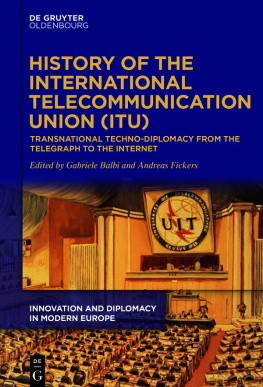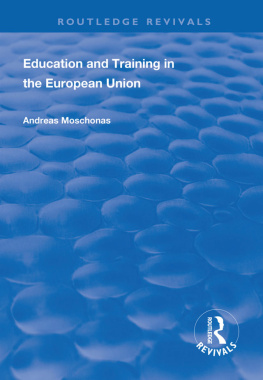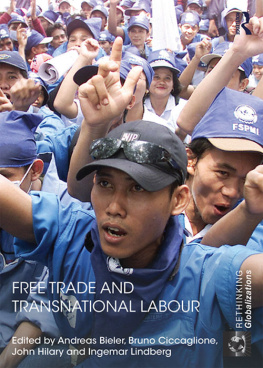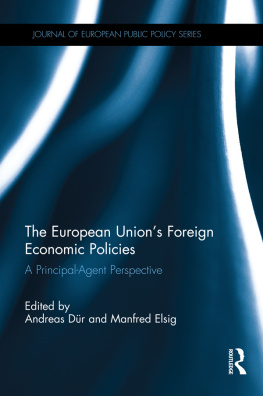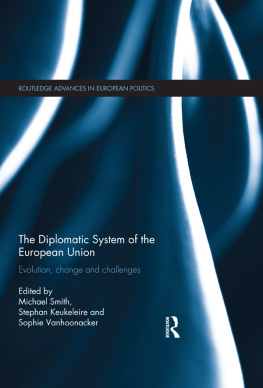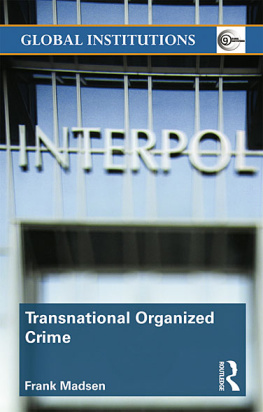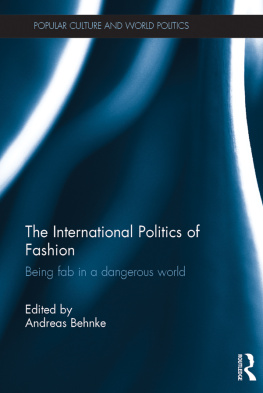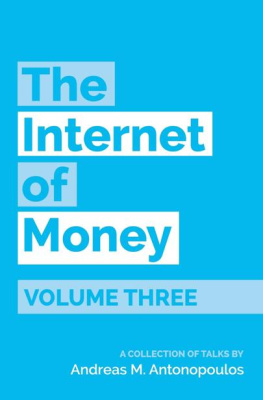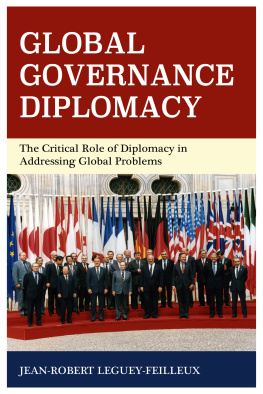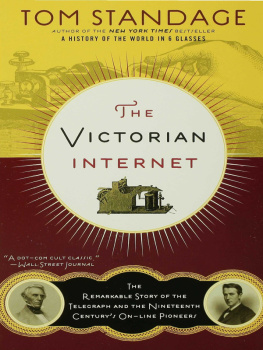Introduction: The ITU as Actor, Arena, and Antenna of Techno-Diplomacy
Gabriele Balbi
Andreas Fickers
Information and communication technologies have been networked for centuries if we include, for example, roads, channels and rivers, postal services, telegraphs, telephones, and, of course, the Internet. Exchanging information between two or more nodes in a network requires the definition of several factors: the cost of information exchange, technologies that can be used (and others that cannot be used) to transmit messages, and rules for the production, circulation, and reception of information. These various processes can be defined with two intertwined terms: standardization (in which technical standards, rules and tariffs are negotiated among several entities) and regimes of regulation (implementation and control by a legally and/or politically recognized institution). Standardization and regulation are at the heart of techno-diplomacy because they involve a multitude of actors (technical, economic, and political) and arenas (platforms of negotiation) on national, international, and transnational levels. As the term techno-diplomacy suggests, these processes are characterized by strategic actions, tactical manoeuvres among all actors involved and, generally, require a high degree of both technical knowledge and diplomatic skills by the negotiating parties.
This book aims to study the role of the International Telecommunication Union (ITU) in the field of standardization and regulation of information and communication technologies from its origins in the mid-19th century to the present day. Indeed, the ITU has been, and still is, one of the key places and players at the global level or, as defined in the next paragraph, one of the key actors, arenas and antennas where strategic actions at political, economic, technical, and even cultural levels are taken to establish, reinforce, or change the order of telecommunications management. This book is about long-term strategies of regulation and standardization at global levels and techno-diplomatic manoeuvres taken inside an international organization to manage communications, going from convincing the majority of the nations to establish the official seat of the Telegraph Union bureau in Switzerland in the 1860s, to contrasting the multi-stakeholder model of Internet governance (supported by US and ICANN).
Actor, Arena, and Antenna
Since 1865, international communications have been regulated by the first international organization ever established, the so-called Telegraph Union, which was later renamed the International Telecommunication Union. Yet, despite its historical relevance, there are few scientific studies on ITUs evolution. Several commemorative works have been published by the ITU itself, whose historical objectivity often takes a back seat to the self-celebratory reconstruction of events. The most important scientific studies on the Telegraph Union are, instead, law and political science publications that focus above all, but not exclusively, on the internal functioning of the Union itself. In recent years, also because of the 150th anniversary of the Telegraph Unions foundation, there has been a revival of studies on ITU history, and scholarly attention has shifted from institutional history to other subjects: in particular, the role of the ITU as international regulator of telecommunications and as a virtual place where national interests converged and competed.
The lack of scientific research on the ITU is surprising because this institution has played a key role in different realms such as regulations of tariffs, technological standardization and homogeneity, establishment of shared norms, promotion and support of projects and studies, for example, in developing countries. The ITU was a crucial place and so not only an actor but also an arena for the negotiation of a regulatory regime in the field of telecommunications. We argue that with the ITU a new culture of regulation emerged, which combined the importance of political networks, interpersonal communication inside and, especially, outside official meetings, and a community of practice driven by the belief in the power of techno-scientific expertise in the realm of telecommunications.
As mentioned, processes of standardizing and regulating communication technologies are highly complex, involving a variety of actors from individual experts to institutions and state bodies. Their interactions especially in times when new standards or regulations are negotiated or old standards need to be reshaped because they are not up-to-date anymore are often characterized by strategic agendas and tactical manoeuvres. These negotiations illuminate the tensions between normative ideals (of technical or scientific rationality) and techno-political and industrial/economic realities. We aim to analyse these interactions, from a transnational and global perspective, as performances of techno-diplomacy in the field of telecommunications.
As a techno-diplomatic actor and arena, the ITU developed into a hub of the international network where nation states and transnational institutions such as EBU, UNESCO, ICANN me(e)t and negotiate(d), trying to deal with the many tensions involved in such strategic manoeuvres. Among the most common conflicts, we can mention the classic political tension between public and private management of telecommunications; the lobbying of often-powerful private corporations over public regulators; technical tensions and conflicts among experts and engineers in order to impose the best, most efficient and more reliable technology; and cultural tensions, such as the language to be used internationally. Gathering during ITU conferences or in specific study groups, technical expertise was constantly confronted by all these tensions, from protectionist industrial policies to political interests, from governmental strategies to telecom companies pressures, from engineering mentalities to public needs.
As these communication technologies touched the very heart of political power and social relationships, while representing a major economic sector, it is not surprising to see issues of standardization, regulation or tariffs at the top of the agendas. Clearly, specific political or ideological circumstances affected the role, self-image and public conception of the experts and diplomats involved in these debates and negotiations. After all, engineers and technicians acting in international arenas had to develop diplomatic skills in order to reach agreements, and state or government officials had to learn the language of science and technology. Engineers and technicians had to learn how to cooperate in an environment dominated by national politics and protectionist or liberal economies. In other words, the soft skills acquired in the trading zone of ITU meetings, conferences, or informal gatherings are key to the practice of techno-diplomacy. To study such a community of practice from a historical perspective is a big challenge, as most of the sources available tend to suppress such information from official records.

